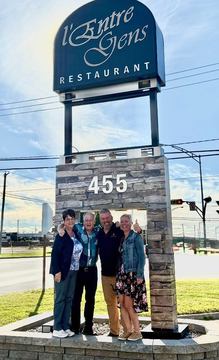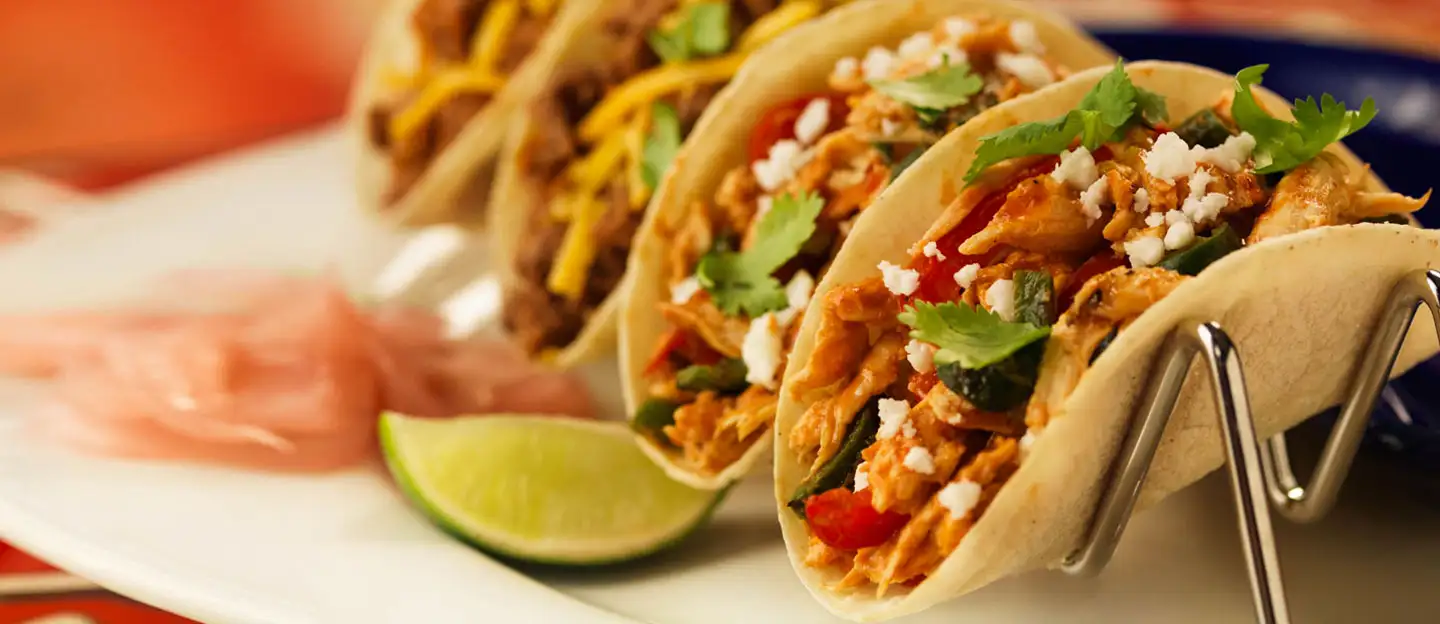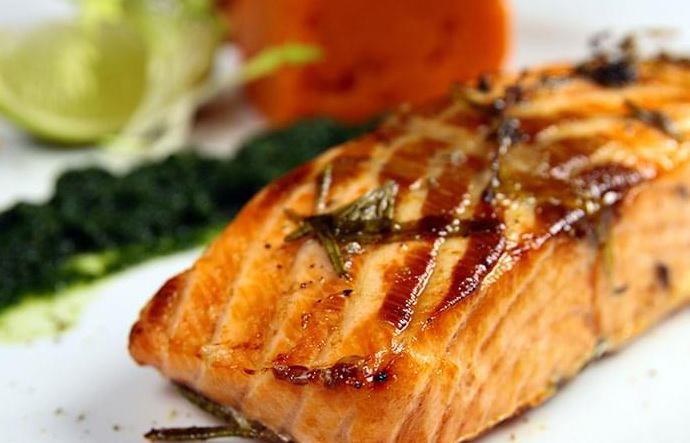
According to Oceana Canada, Canada is lagging behind in tracking imported seafood products sold at the restaurant. The most recent study of the organization states that more than 30% of fish sold in restaurants are in fact another species than described and that 25% do not meet the country's labeling standards.
So, was your last wild salmon fillet really wild salmon?
This severe lack is considered by Oceana Canada as a fraud, nothing less, that can cause a problem for public health.
Depending on the case, wild salmon are traded by farmed salmon. This may contain traces of antibiotics or contaminants. In addition, the customer pays twice the price! Also, a tuna is often replaced by escolar, the latter can however cause diarrhea, nausea or even vomiting.
Whose fault is it? According to the organization, it is difficult to determine the exact source. Every step of the supply chain is suspicious. Trade can be equally guilty, accomplice or simple victim. That's why he recommends monitoring the fish at all levels, from the fishing boat to the plate.
The fish or seafood enthusiast who decides to take his favorite dish in the restaurant has little recourse or a way to check the accuracy of what he finds on his plate. He must blindly trust the leader!
Oceana Canada conducted DNA testing of fish and seafood products to determine the exact species.







